The Series 7 Exam differs from the SIE exam in a number of ways. It’s best to be prepared going into the Series 7, knowing what you’re up against. In today’s post, we review some of the minor and major differences.
How the Series 7 Exam Differs from the SIE Exam
If you visit FINRA’s website, you will notice that both these exams are listed as corequisites of each other. In other words, you don’t need to take one before the other. However, practically speaking, you probably should take one before the other. Anytime we encounter a student whose employer recommends they do the Series 7 first, we see problems.
The SIE exam is undoubtedly the introductory exam. Most definitions and topics cover high-level definitions and formulas. For anyone without a serious background in finance this exam is a good starting point.
When it comes to the Series 7 Exam, things get more nuanced. Many of the same topics are covered in the SIE exam, except the Series 7 goes a little deeper.
A Deeper Dive Beyond the SIE
For instance, both exams cover the confusing topic of Equity Options. Notoriously, we find this the most requested topic at Professional Exam Tutoring. While it can be confusing on the SIE exam, you might be relieved to know that you only need to understand the rules, and how one option at a time behaves, or works.
On the Series 7 Exam, the curriculum introduces advanced Options strategies such as straddles, spreads, and combinations. All of these involve Options positions where more than one Option is transacted at a time. Although only slightly more confusing than understanding one option at a time, it still takes a little extra studying.
Another thing to consider is the length of the exam. The Series 7 Exam is a longer exam (135 questions including experimental), and typically more concentrated. Some sections may be tested more than others. The SIE exam, however, is fairly broad based. If you know a little of everything, you might still do ok.
On the Series 7 Exam, some sections, such as Options, Municipal Securities, Margin, and Suitability require more in-depth knowledge as they may disproportionately show up. More calculations are involved, and a deeper understanding of the rules for each.
Overall, both exams are required to become a registered representative at a broker dealer.
Each requires their own unique approach, but there’s no doubt that the Series 7 Exam difficulty is harder. If you have the option, we recommend starting with the SIE exam to get an introduction before you get thrown into the deep end of the Series 7. If you need any help, feel free to reach out to a SIE Exam tutor. Good luck!

